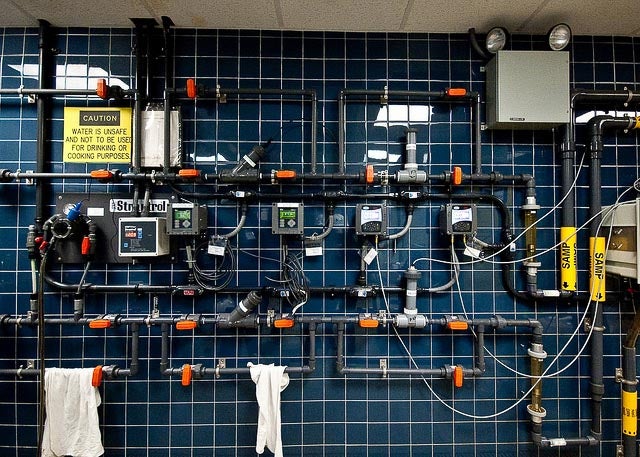While the Urban Edge strives to provide readers with daily news and insights about urban policy, we’re also voracious readers of city news ourselves. As part of a new weekly feature, senior editor Ryan Holeywell and the staff of the Kinder Institute highlight the week’s most interesting articles from around the web about urban policy and city life.
The Cities Where Millennials Are Taking Over the Housing Market
Where are millennials dominating the housing market? It’s not the clichéd “cool” spots like New York, Portland and San Francisco. Instead, it’s places like Des Moines; Provo, Utah; and Baton Rouge, Louisiana, Bloomberg reports. Those are the top three cities where millennials make up the largest percentage of people using a mortgage to buy a home. Those places aren't known for being especially hip, but they're cheap -- and as Bloomberg says, they're "probably a little hipper than they get credit for."
The Changing Relationship Between Ex-Criminals and Their Parole Officers
Communities across the country are trying to redefine the relationship between parole officer and parolee into something that's less combative. A new movement seeks to change parole officers into something more akin to mentors than law enforcement per se, Governing reports. There are signs the shift might be helping to reduce recidivism.
D.C. Water begins harnessing electricity from every flush
“The city’s sewage treatment plant is turning poop into power,” the Washington Post reports. Indeed, the Washington, D.C.-area sewage treatment utility is the first in North America to use a system that converts leftover sewage sludge into electricity. D.C. Water is the city's biggest electricity consumer; now the technology provides a third of the sewer plant's power, resulting in $10 million in annual savings.
How Will Kansas City Run Its Plugged-In, Sensor-Filled Future?
When the new Kansas City streetcar opens in 2016, it won't just be a transit project -- it will be the “spine of a body of sensors, screens and wireless Internet that together make up Kansas City’s ‘smart city,’ North America’s largest such project,” Next City reports. The project includes a network of 200 cameras mounted on lampposts, as well as a series of sensors in the pavement, that will deliver all sorts of information to citizens and city officials alike. The city is hoping that the emphasis on tech will attract firms and startups interest in working with municipal data.
New York City Apartments Are Getting Even More Crowded
A new report from New York City's comptroller warns that housing in the city is becoming dangerously overcrowded. More than 1.5 million New Yorkers live in a home considered crowded or severely crowded, according to Comptroller Scott Stringer's report, cited by City Lab. That definition refers to the places that have more than one person living in each habitable room. Amazingly, more than 13 percent of the city's studio apartments have at least three occupants.
What the Rust Belt Can Teach Us About White Flight, Gentrification, and Brain Drain
"To be young, college-educated, and white means to flee to where manufacturing used to rule," geographer Jim Russell writes in the Pacific Standard. He attempts to explain why white flight isn’t always what it seems, and how Rust Belt communities often seem to fly in the face of the common narrative around out migration.

